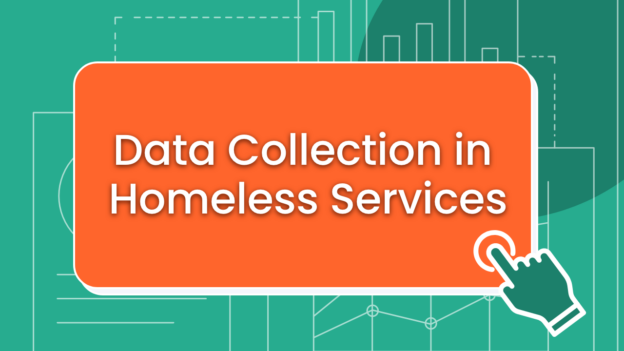This training, designed specifically for people working in the homelessness sector, aims to equip service providers with essential skills in data collection, analysis, and application, enabling them to make more informed decisions and effectively address the complexities of homelessness. Lessons are organized in three sections, each focusing on a vital aspect of data use in the homelessness sector.
The first lesson, Understanding Homelessness Data, underscores the critical role of data in combating homelessness. This foundational knowledge is crucial for understanding the broader context of homelessness and the impact of service delivery.
The second section, Maintaining Data Quality, focuses on the importance of accurate, reliable data. Participants will examine six dimensions of data quality, learning how to maintain high standards in data collection and manage common data errors. This lesson also addresses ethical considerations, ensuring that participants are well-versed in responsible data practices.
The final section, Sharing and Communicating Data, provides advice and strategies for using data effectively in their work. It explores the benefits of data-informed decision-making and provides strategies for strengthening an organization’s data culture. Additionally, it offers practical methods for sharing and communicating data to various stakeholders.
By the end of this training, participants will not only have a deeper understanding of the role of data in the homelessness sector but also gain practical skills in data collection, analysis, and reporting. This training is an essential resource for anyone seeking to make better use of data for greater impact on the lives of those they serve.
TRAINING content

Acknowledgments
We want to extend our sincere appreciation to Randalin Ellery, Policy Analyst at Infrastructure Canada, and Erin Forrest-Miller, Senior Program Advisor at Infrastructure Canada, for their generous contributions of time and expertise. Their guidance in the areas of data quality and data-informed decision-making has been instrumental in shaping this training program. We are deeply grateful for their dedication to enhancing the quality of data collection in the homelessness sector.
Training design by Karen Bosworth, Senior Instructional Designer at the Canadian Observatory on Homelessness.
